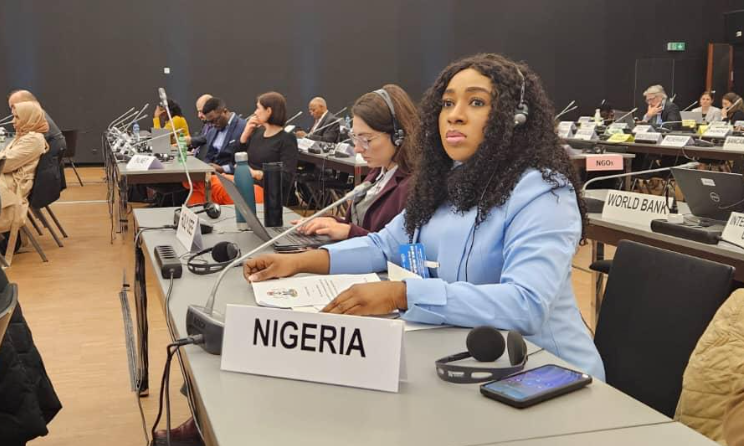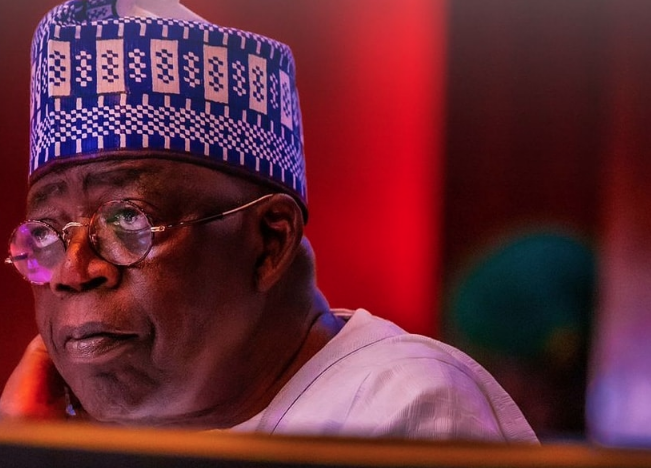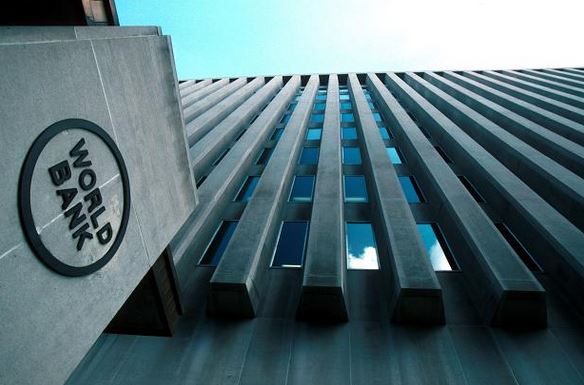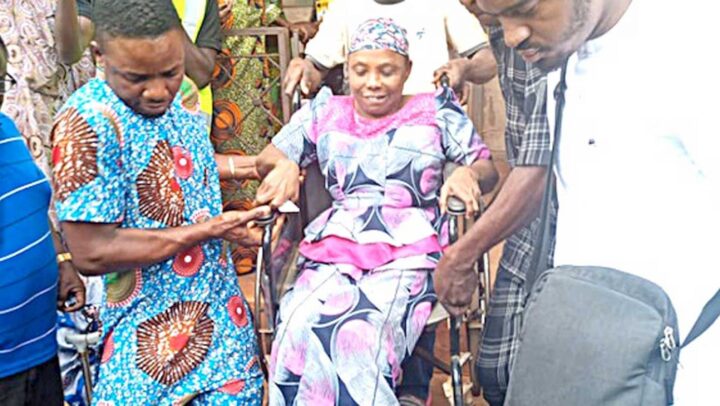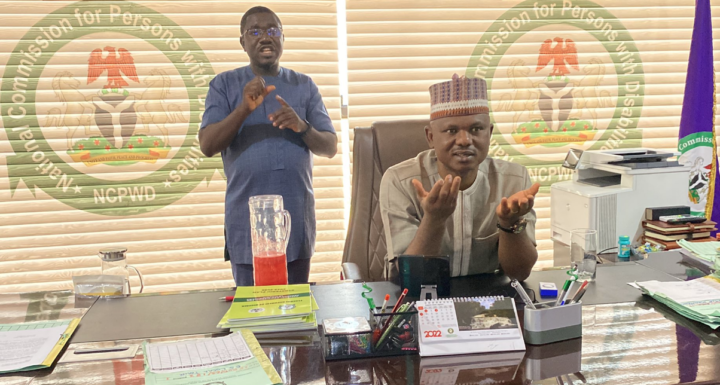Betta Edu, minister of humanitarian affairs and poverty alleviation, says over 8 million internally displaced persons and 100,000 refugees are currently living in Nigeria.
Edu spoke at the Global Refugee Forum in Palexpo Geneva, Switzerland, the humanitarian ministry said in a statement on Sunday
The minister said Nigeria has a deep understanding of the challenges facing refugees, adding that a roadmap has been designed to ensure that 25 percent of those who can work partake in economic development programmes.
“As a nation, we have opened our hearts and borders, offering international protection to those in dire need,” the minister was quoted as saying.
Advertisement
“Consequently, the federal government has made pledges: To include refugees, IDPs, returnees and their host communities in national development plans, to strengthen its protection capacity, to ensure the availability and access to durable solutions for refugees and IDPs and to continue playing active and constructive roles in regional and sub-regional efforts to address the root causes of displacement.
“Nigeria is presently hosting and providing international protection for about 100,000 refugees in addition to over 8,500,000 IDPs.”
Edu said her ministry is working to “facilitate the implementation of the Global Compact on Refugees based on the following five National pledges: to enhance self-reliance with 25% of working-age refugees participating in economic development programmes”.
Advertisement
Filippo Grandi, UN high commissioner for refugees, called on world leaders to ensure refugees are given adequate attention and support wherever they go.
“And to make this Global Refugee Forum a moment of unity, in which all of us join forces to ensure that those who flee because their life, freedom and security are threatened can find protection; and that everything is done to resolve their exile as soon as possible,” Grandi said.
The forum is the world’s largest international gathering on refugees.
This year’s event was co-convened by Colombia, France, Japan, Jordan, and Uganda — and co-hosted by Switzerland and UNHCR.
Advertisement
Add a comment
